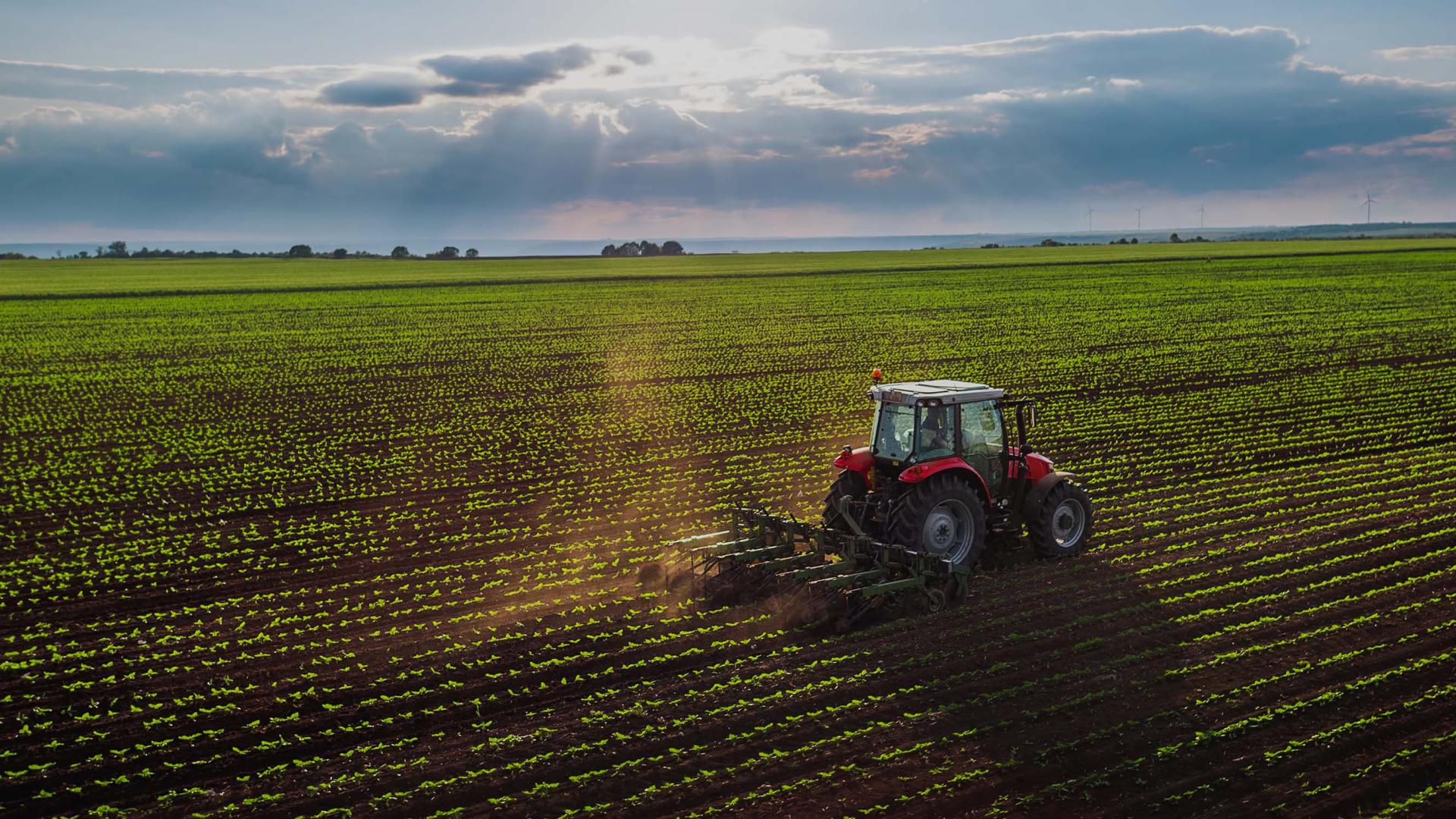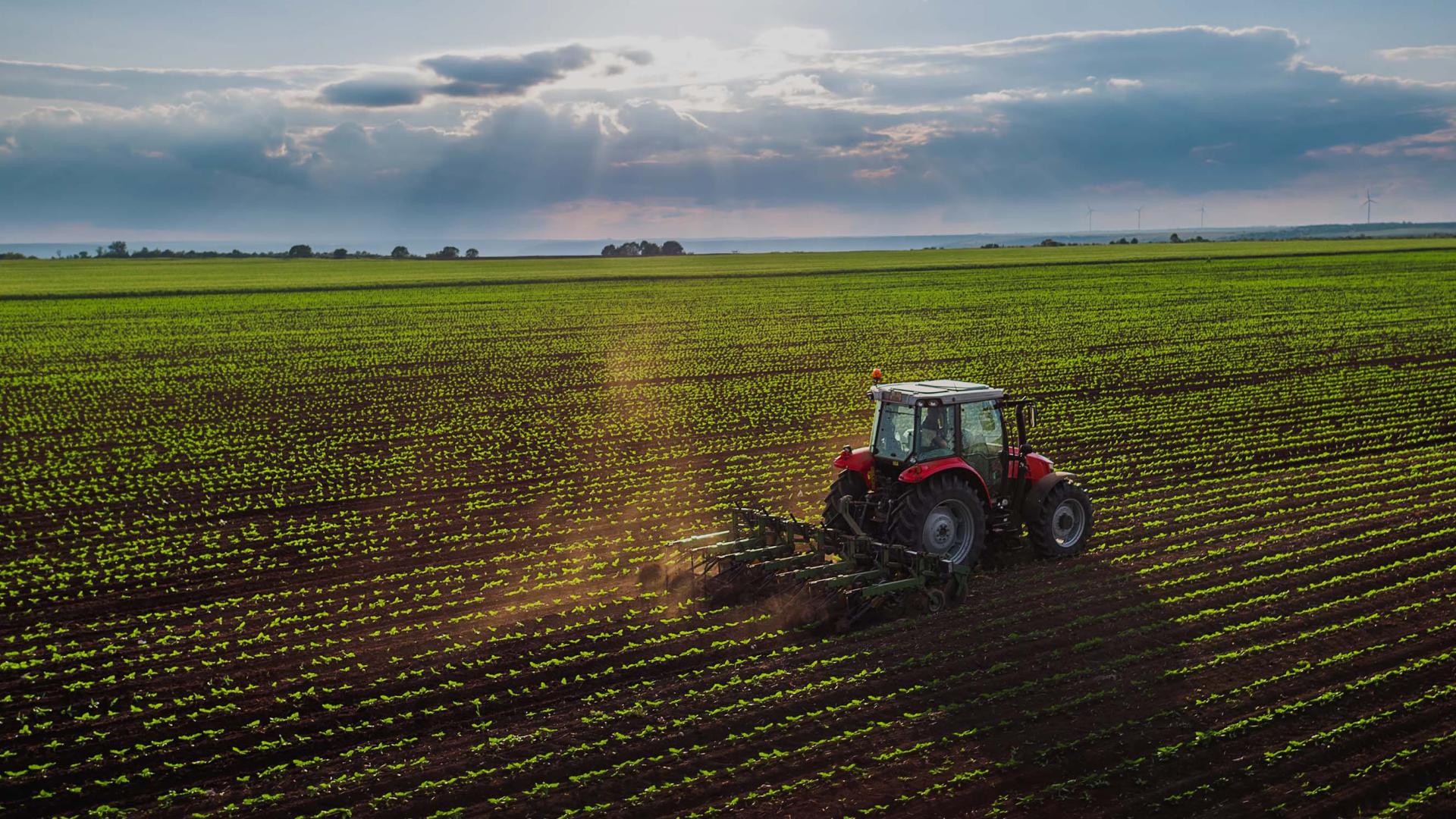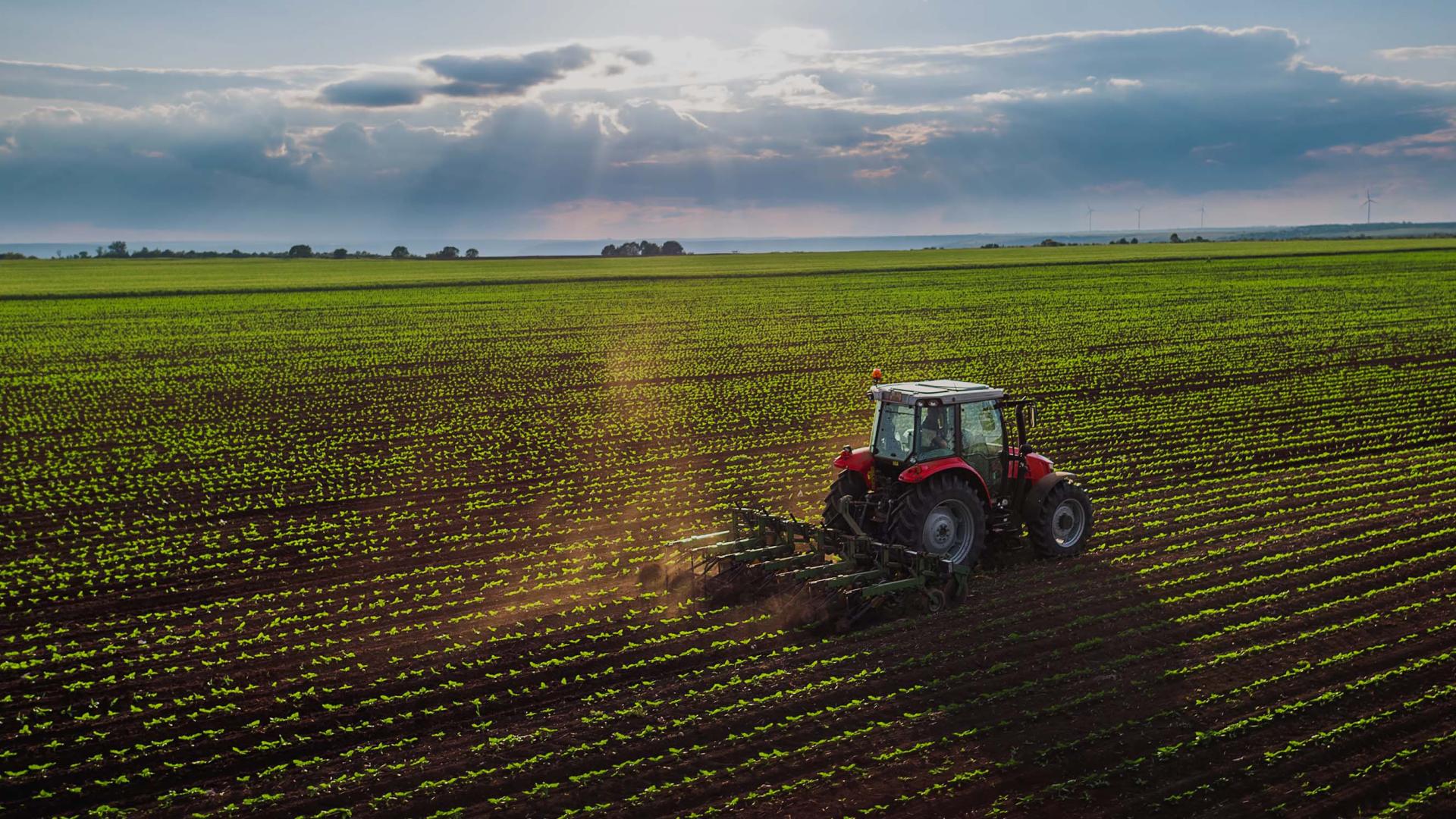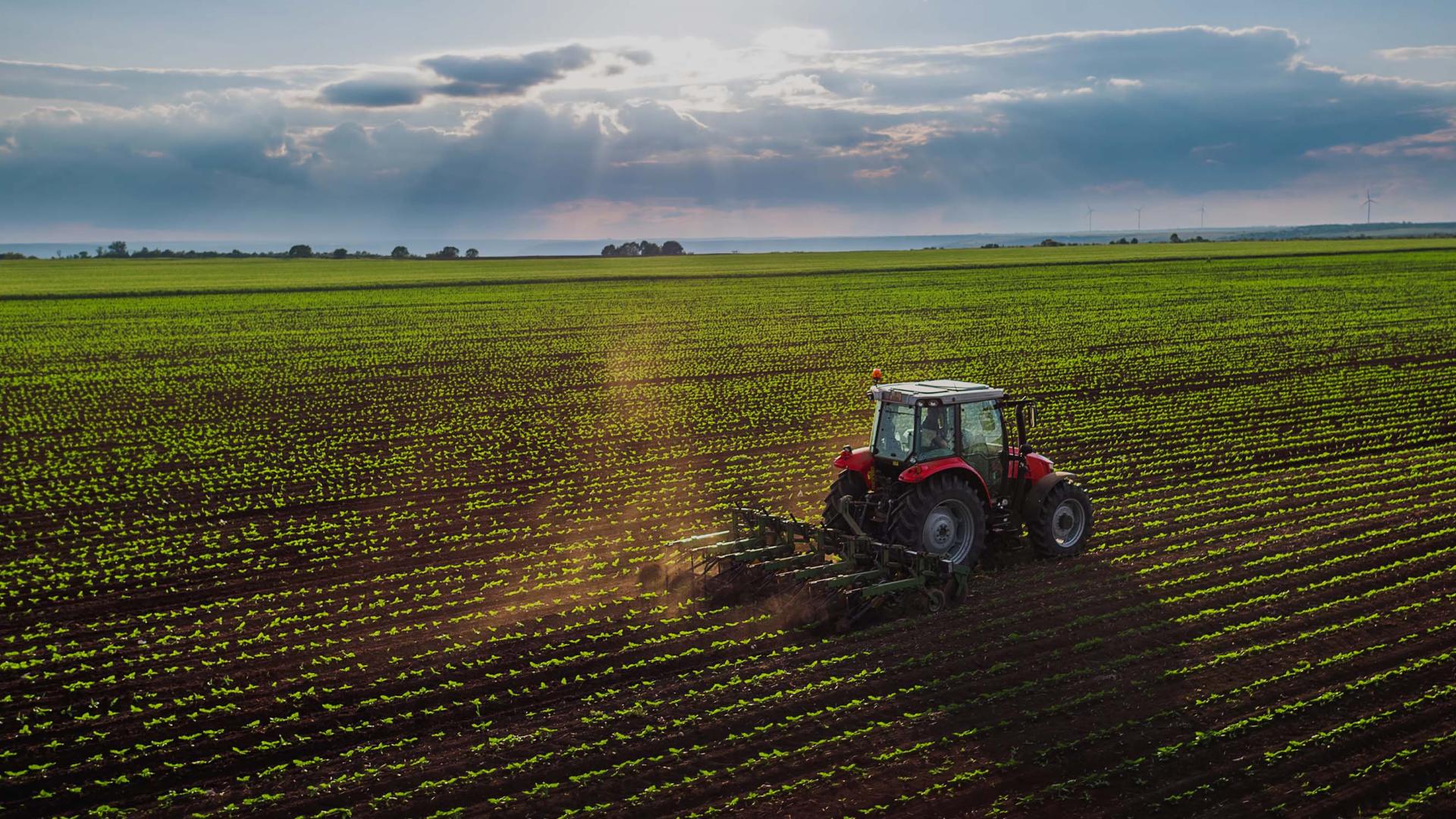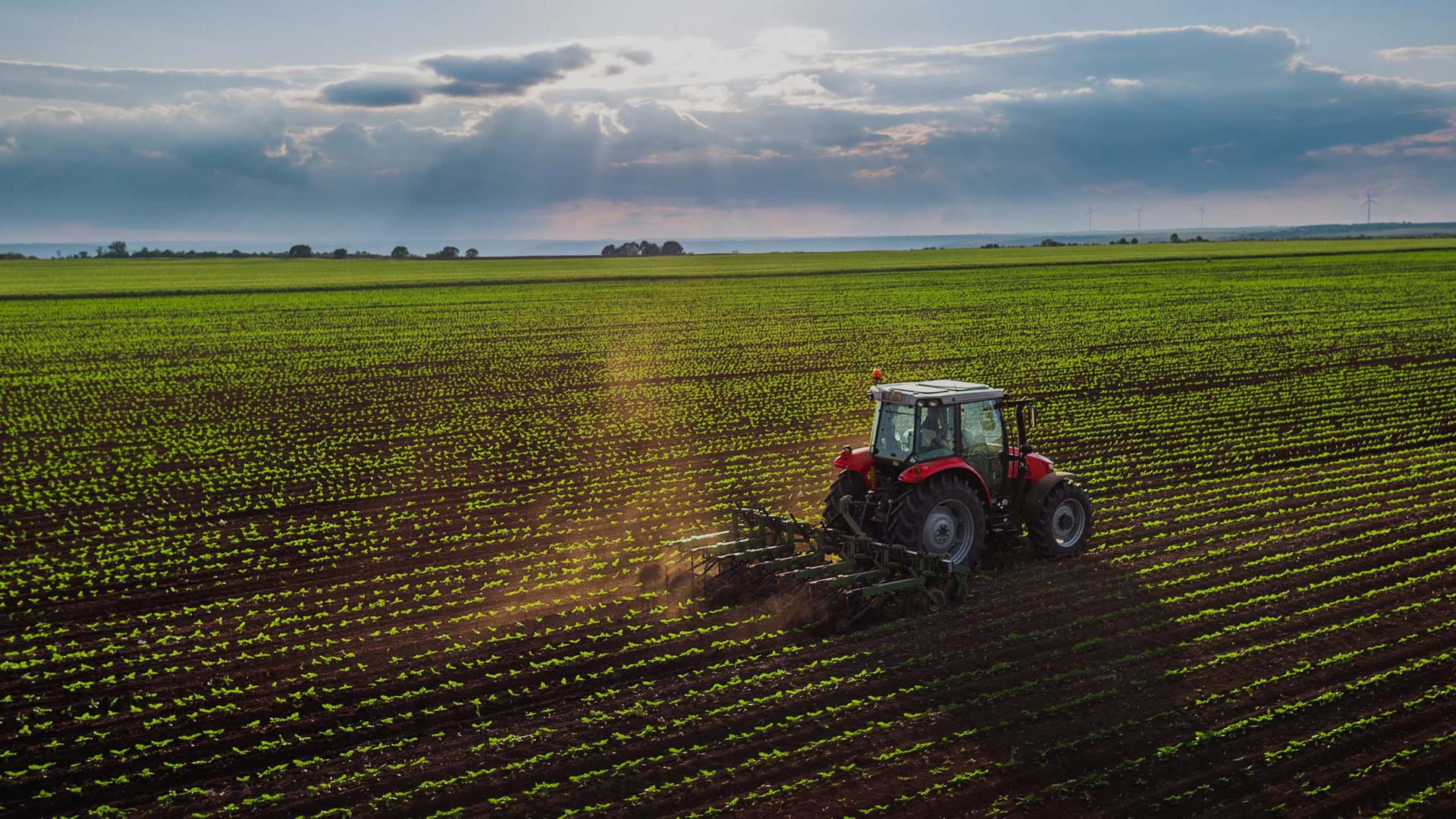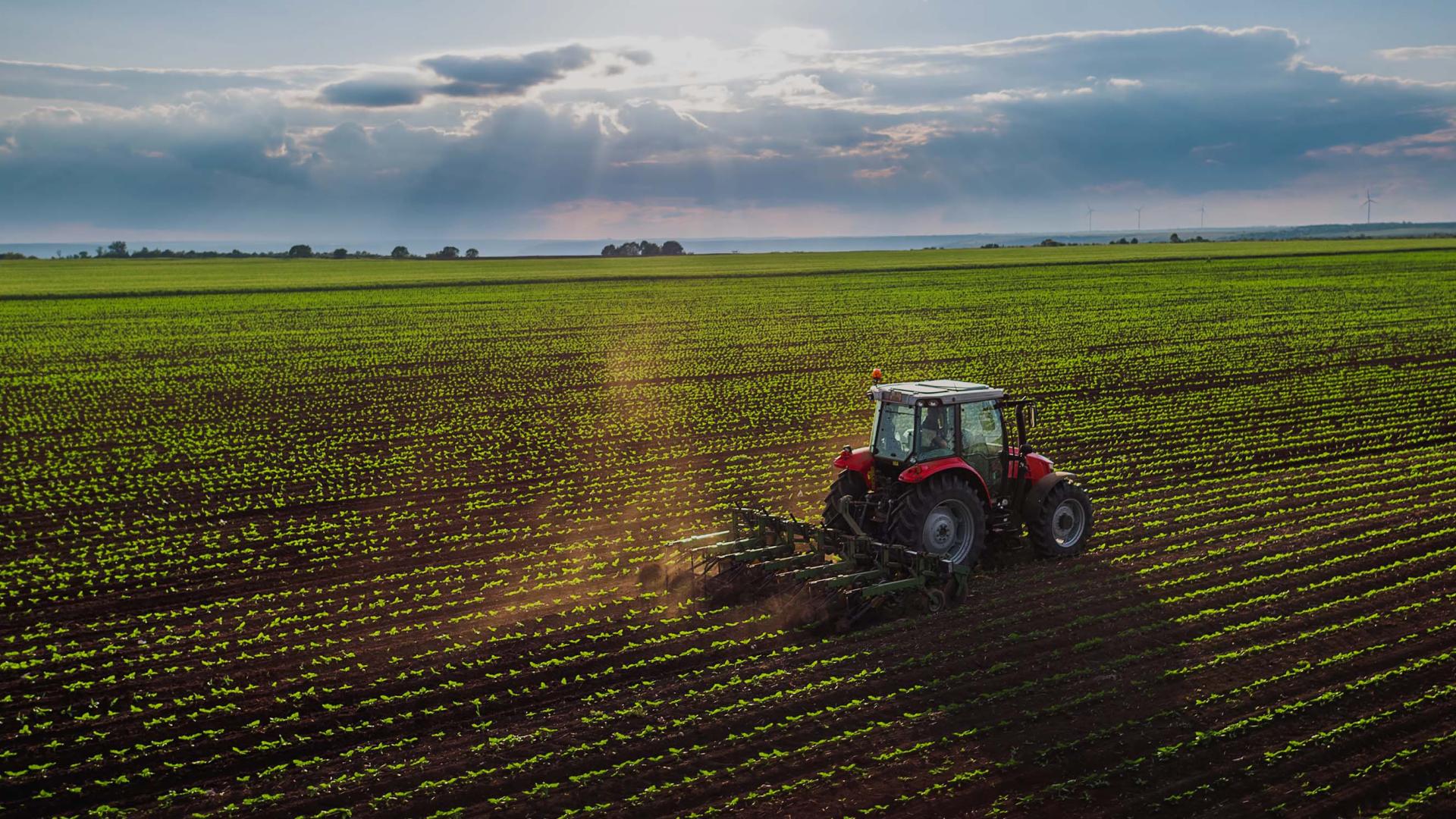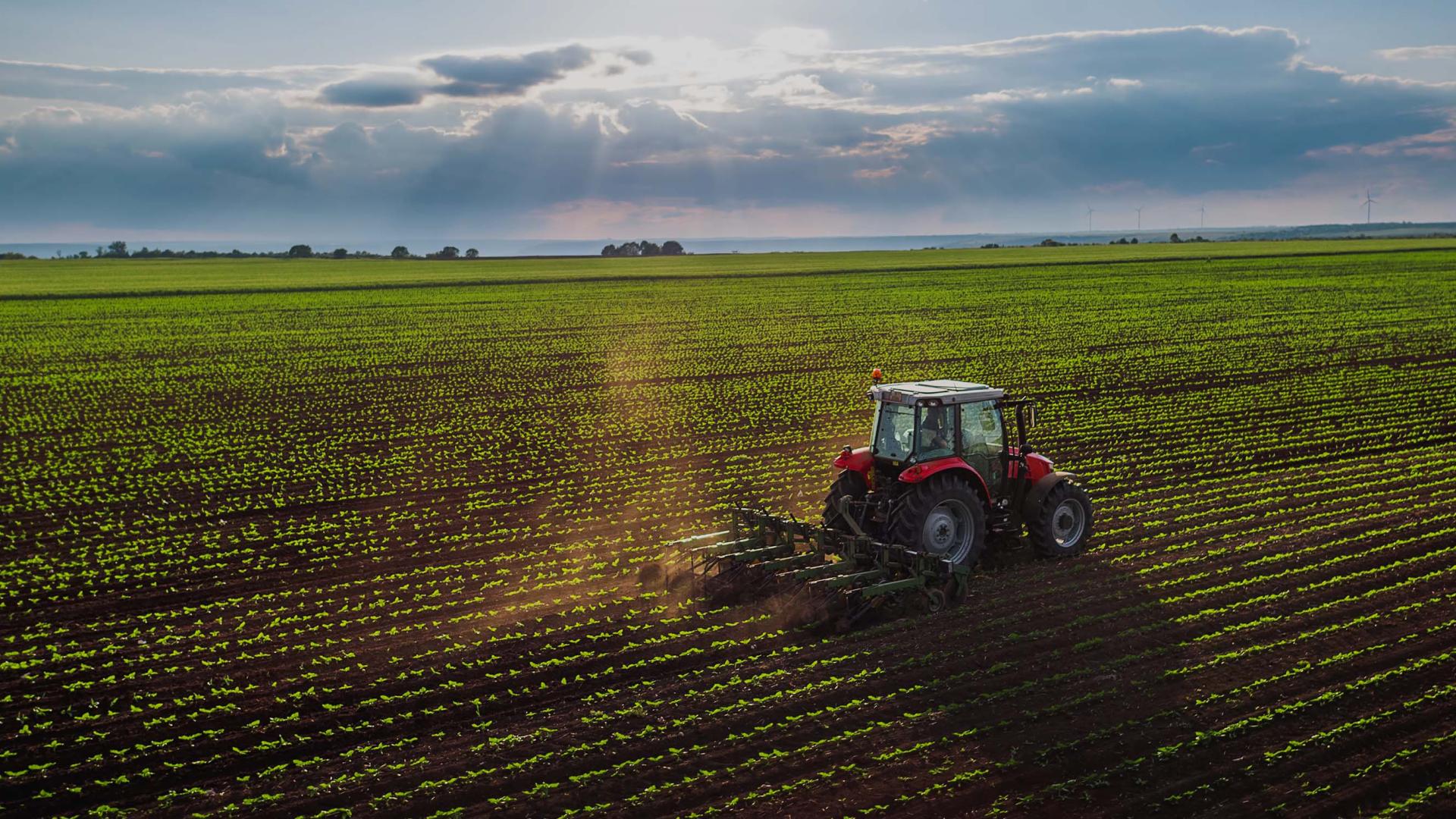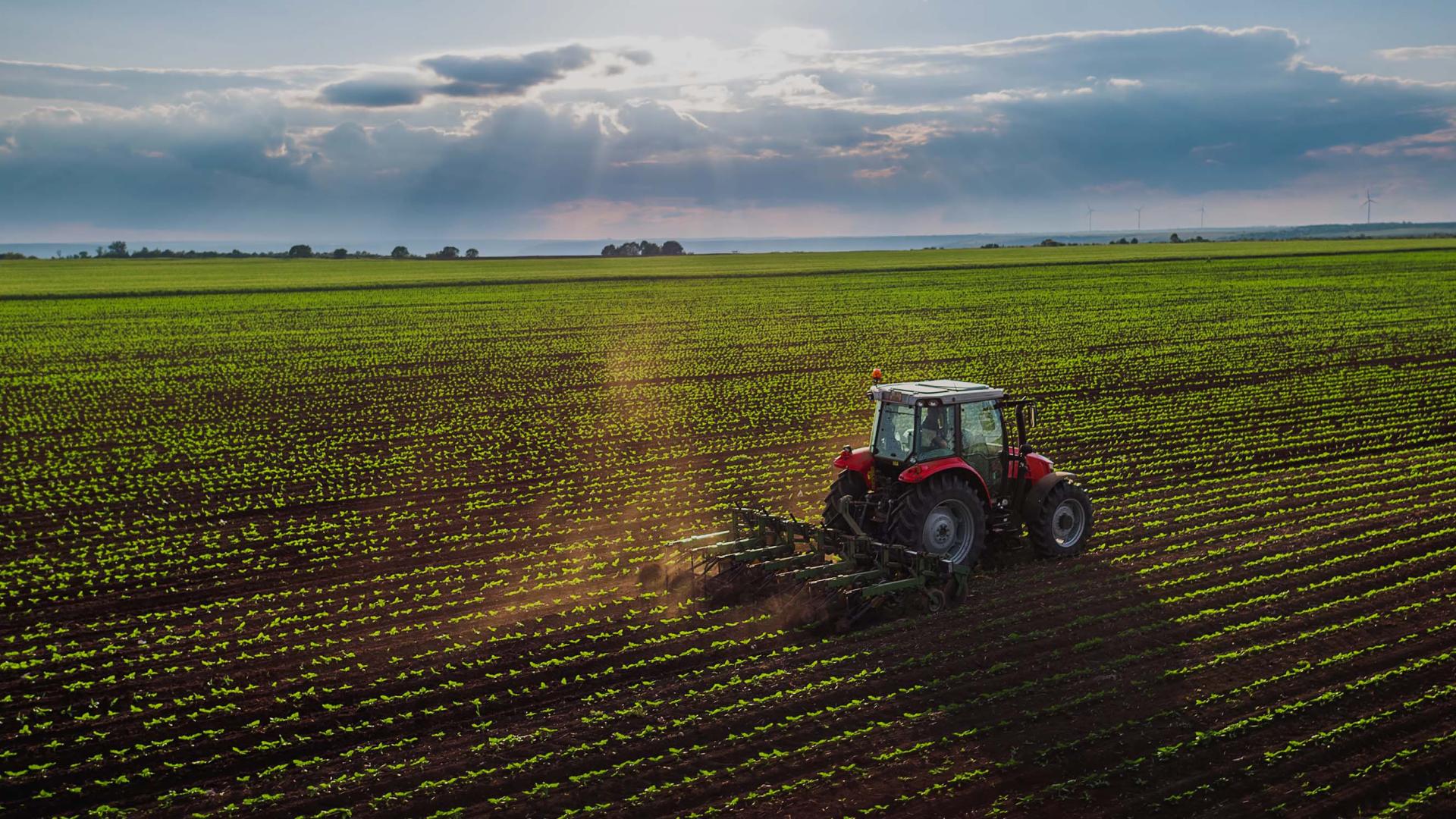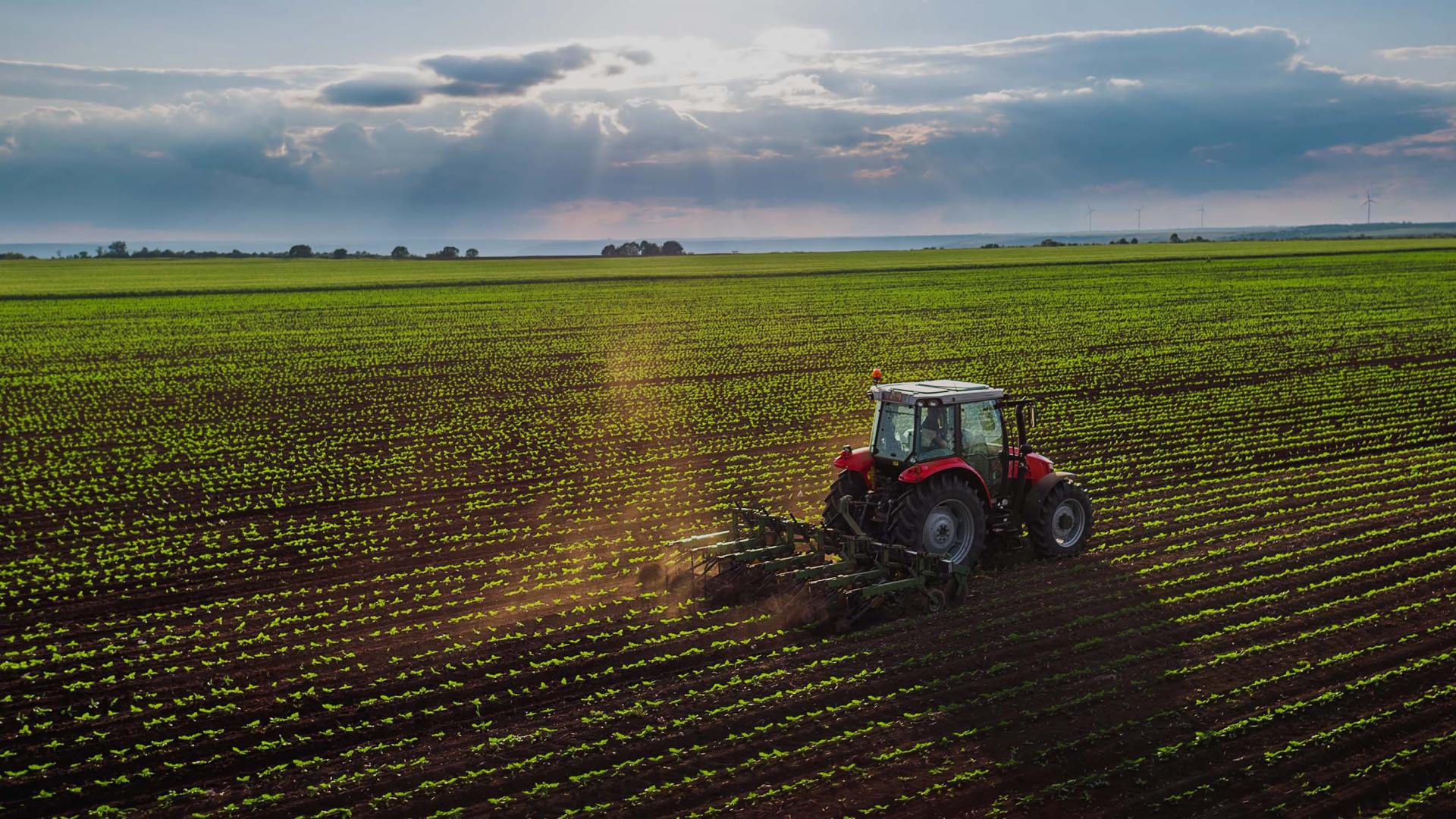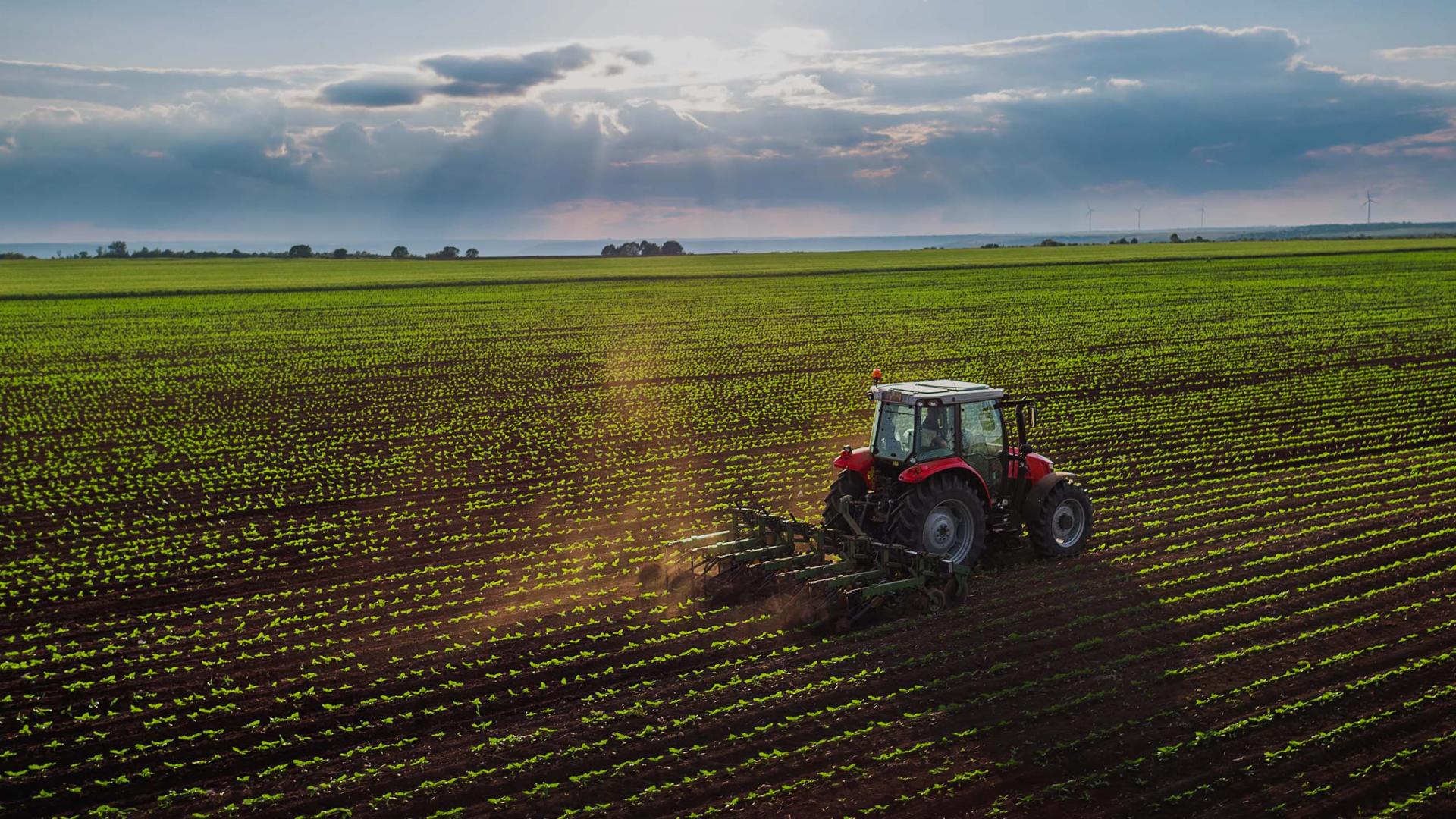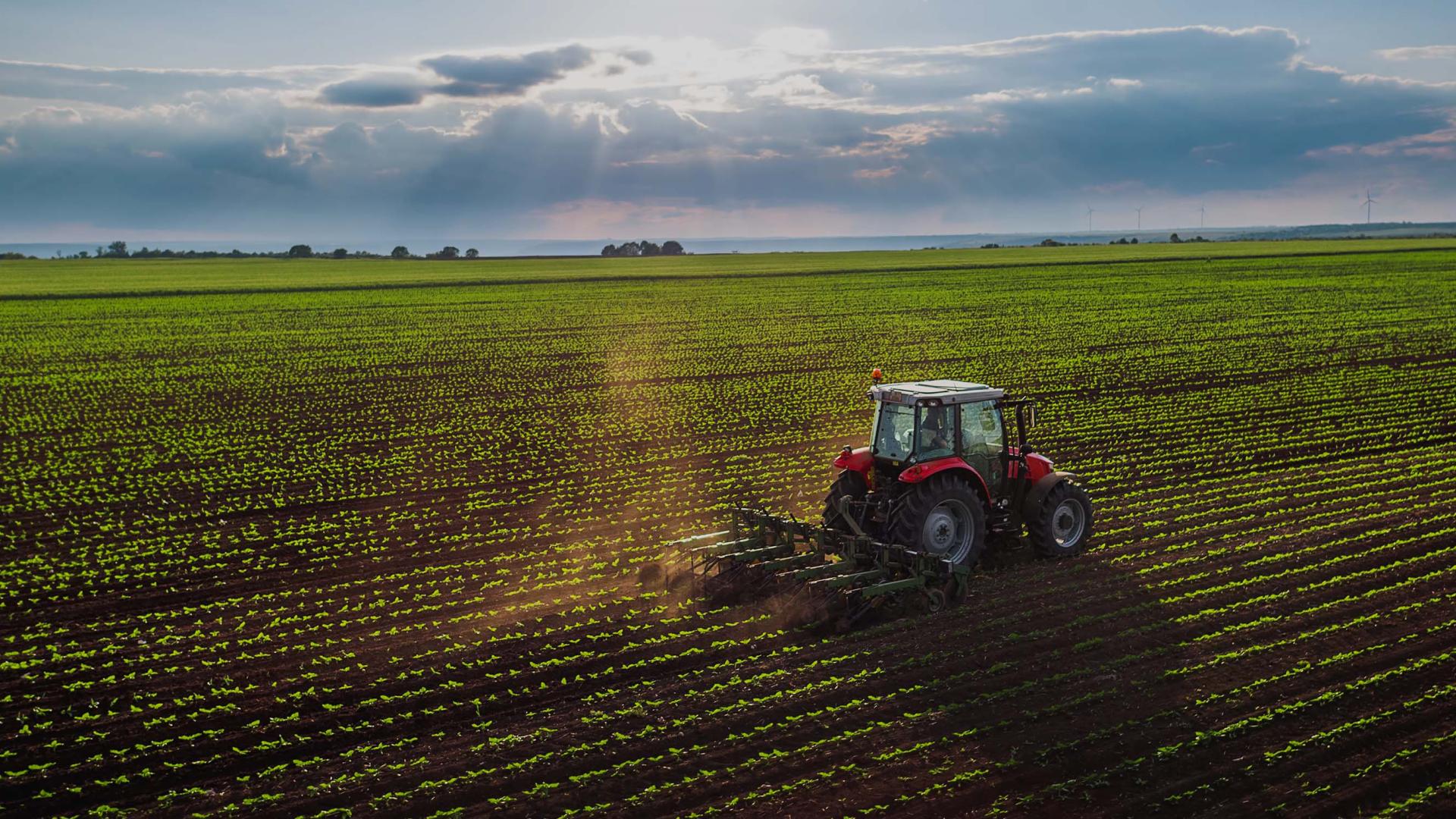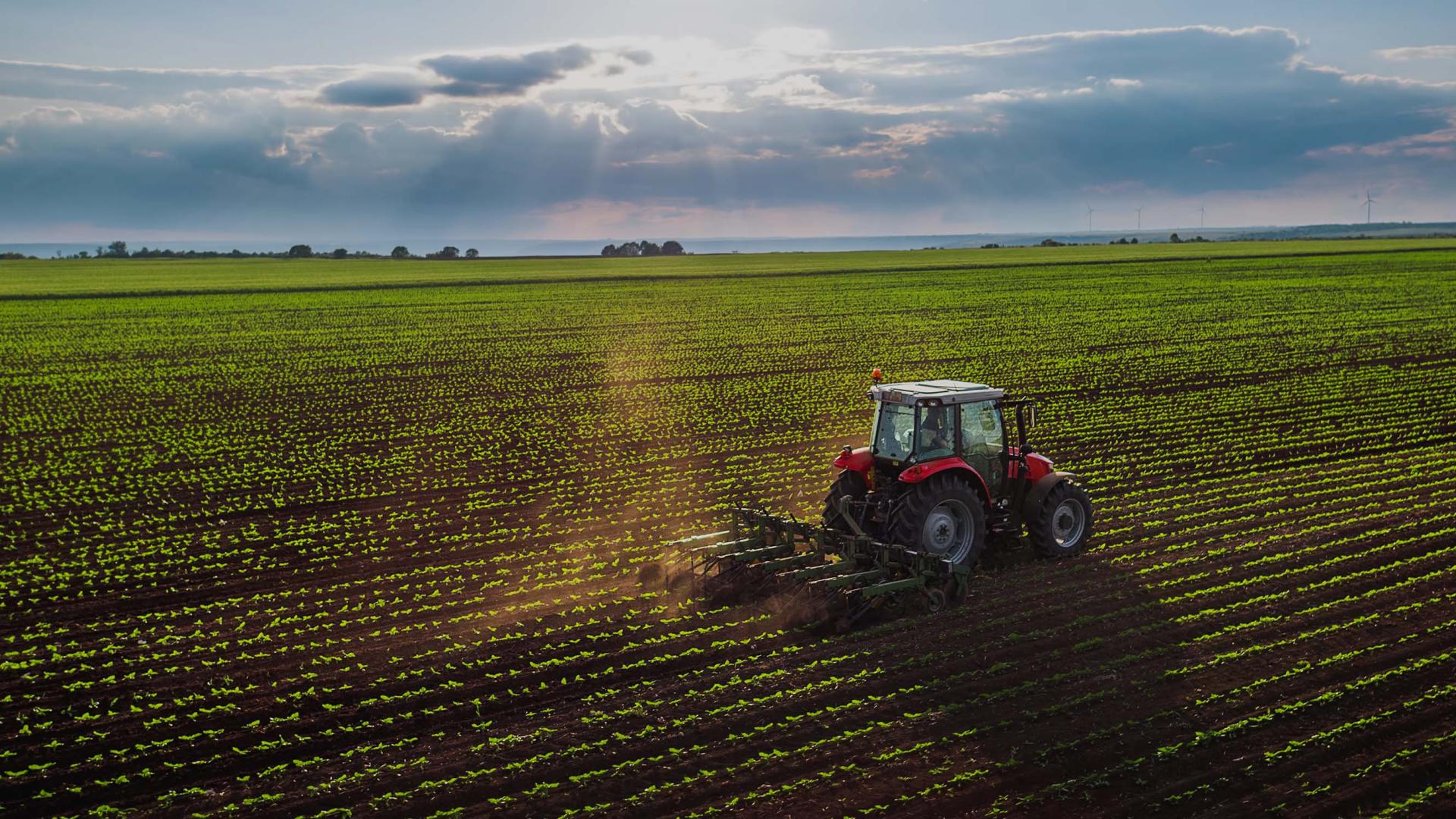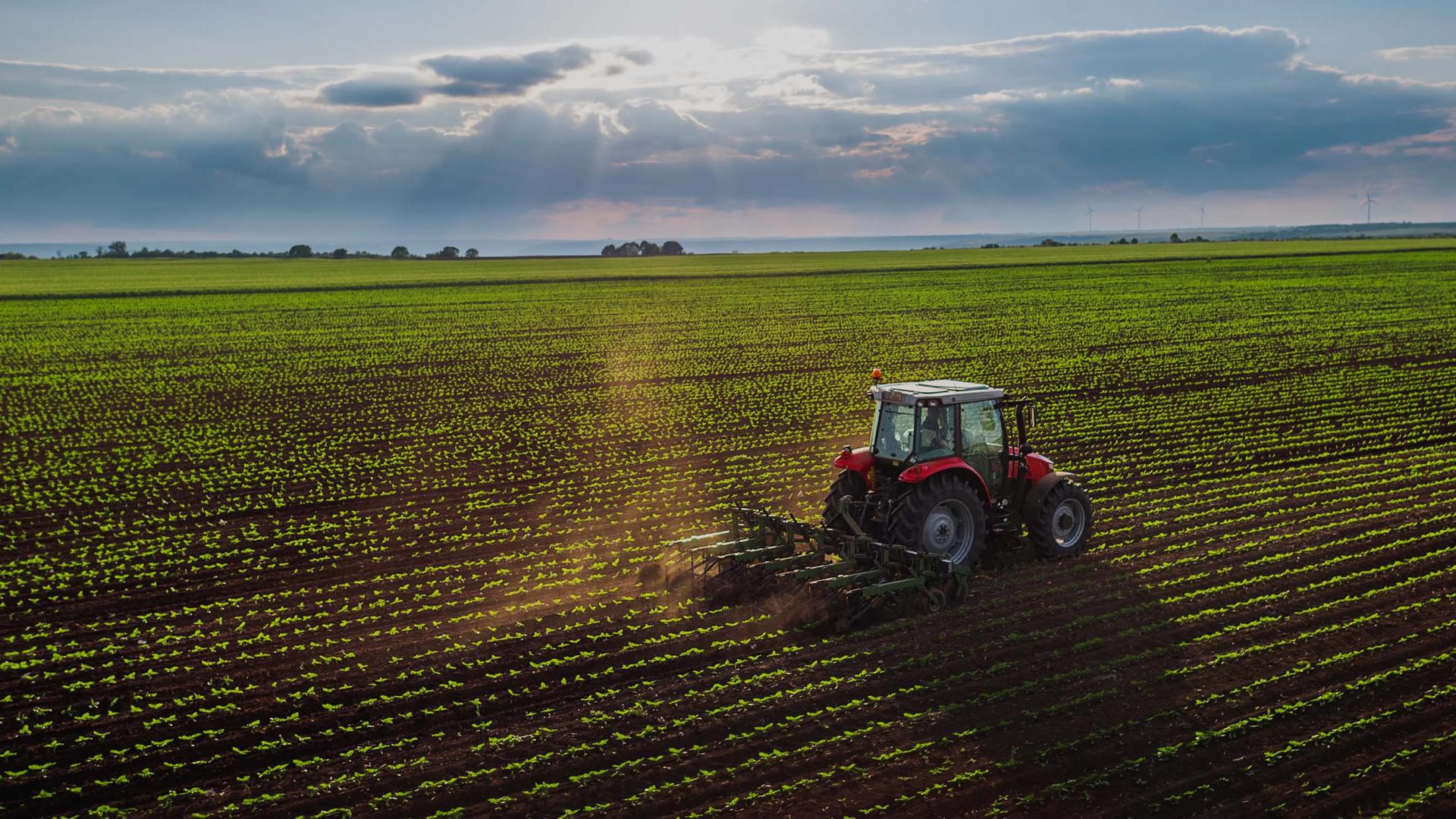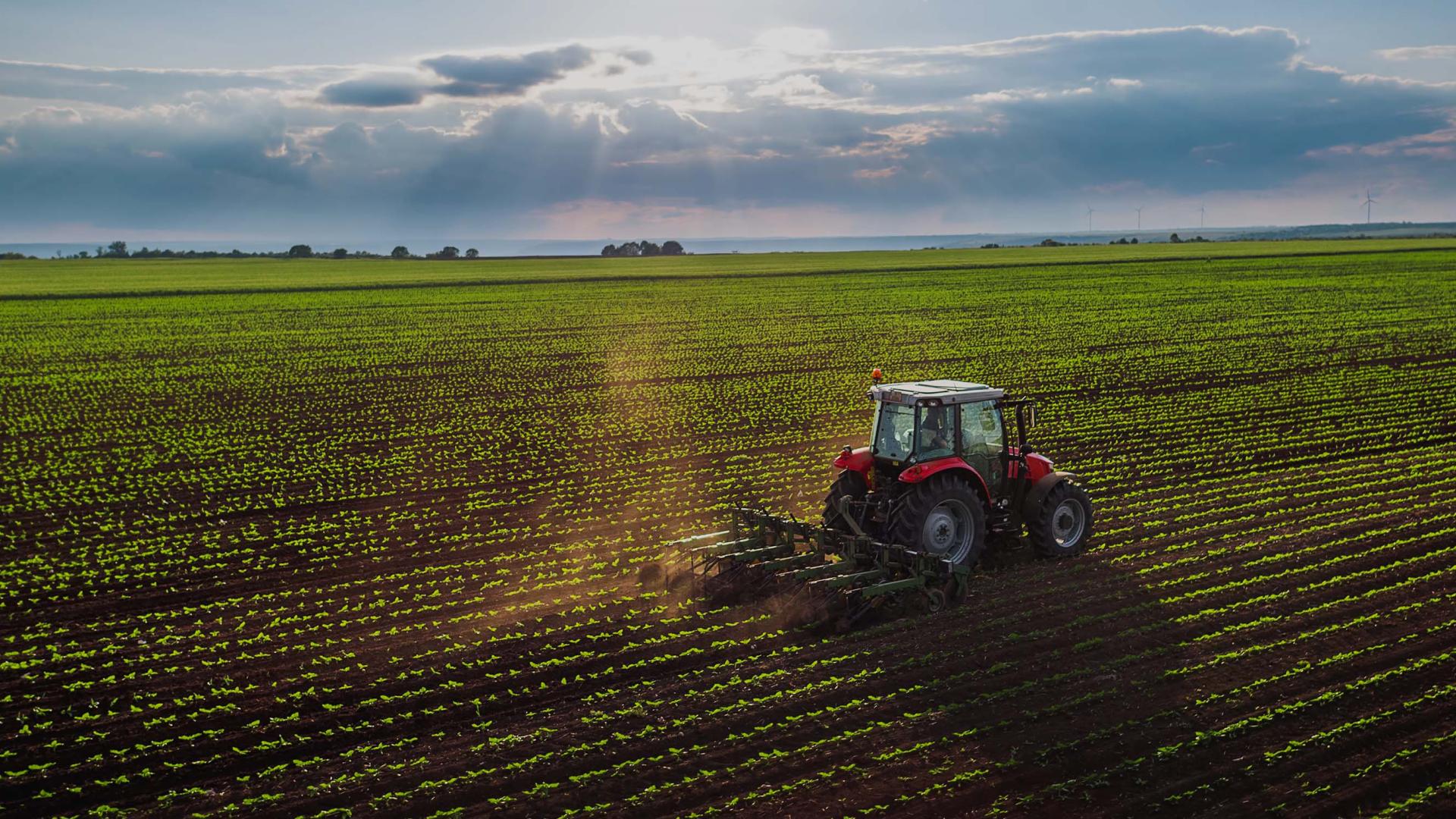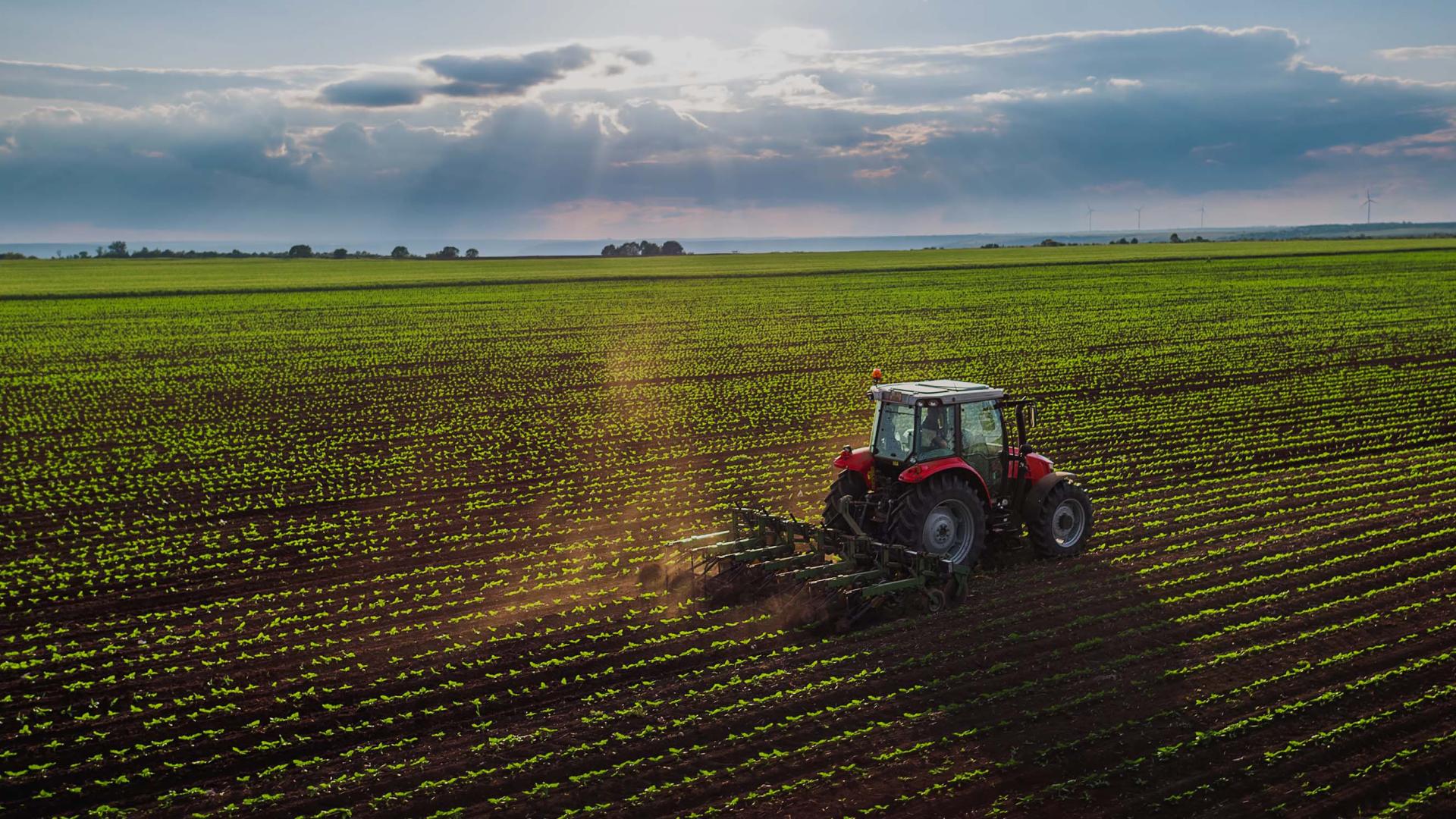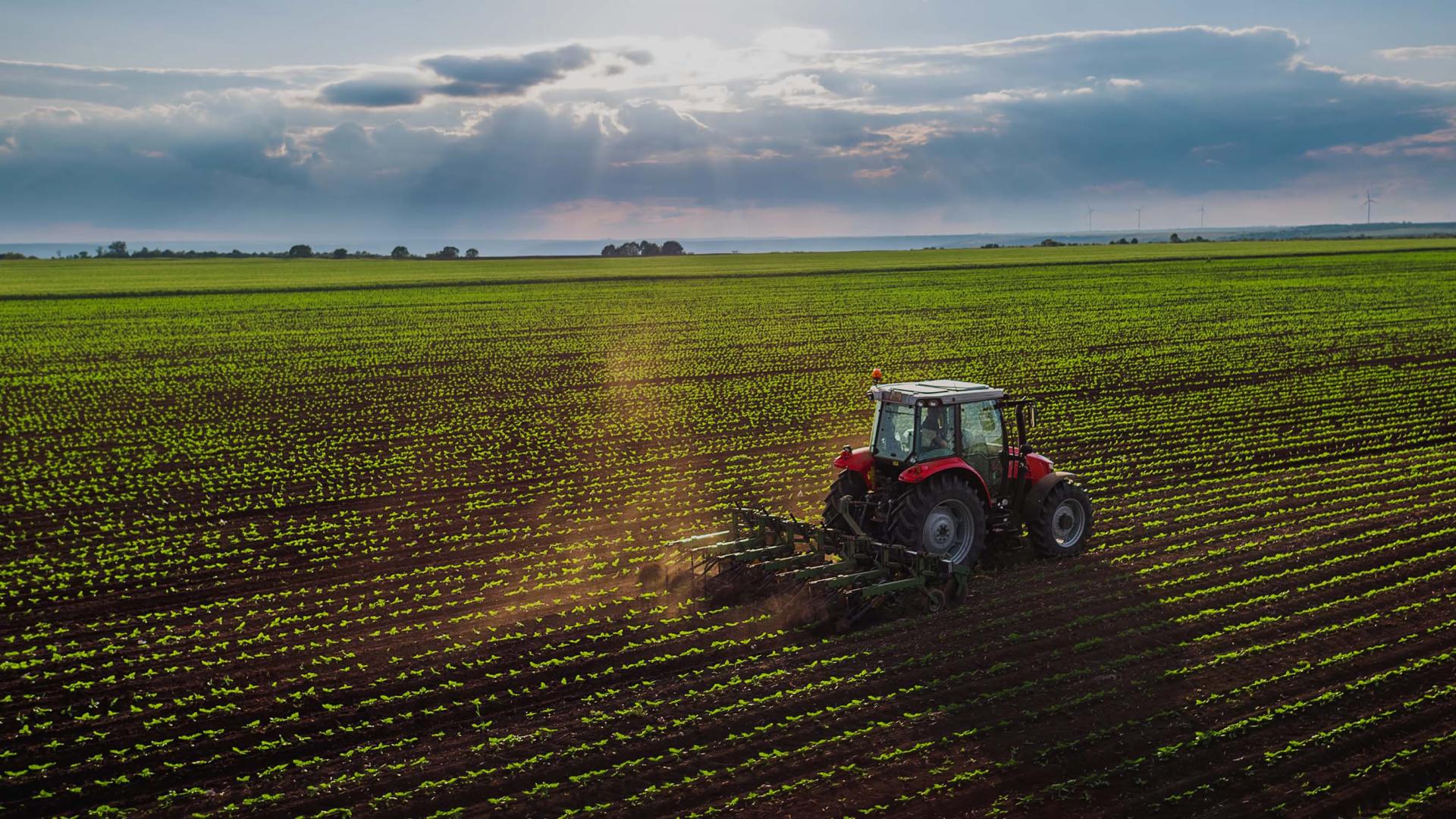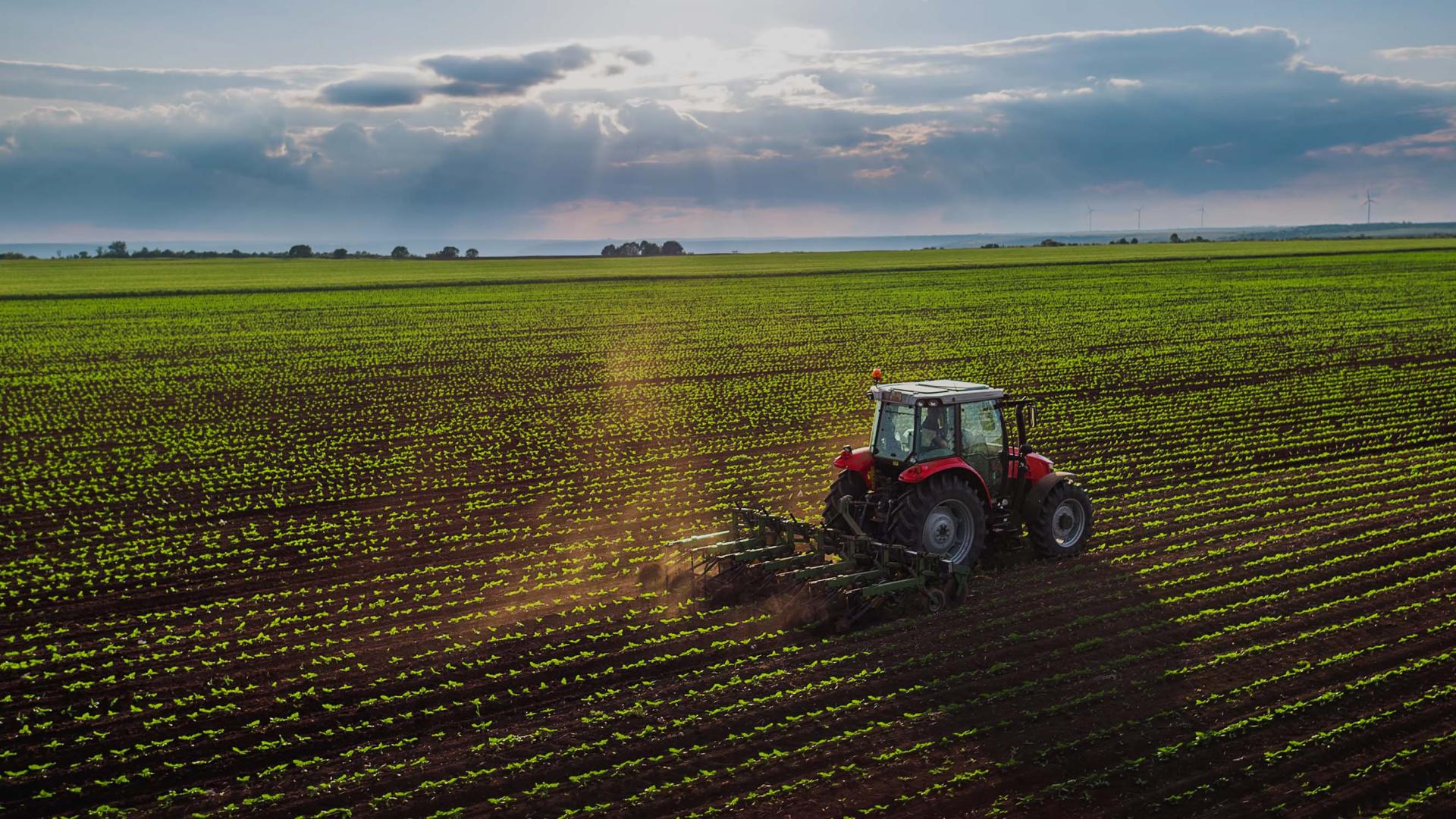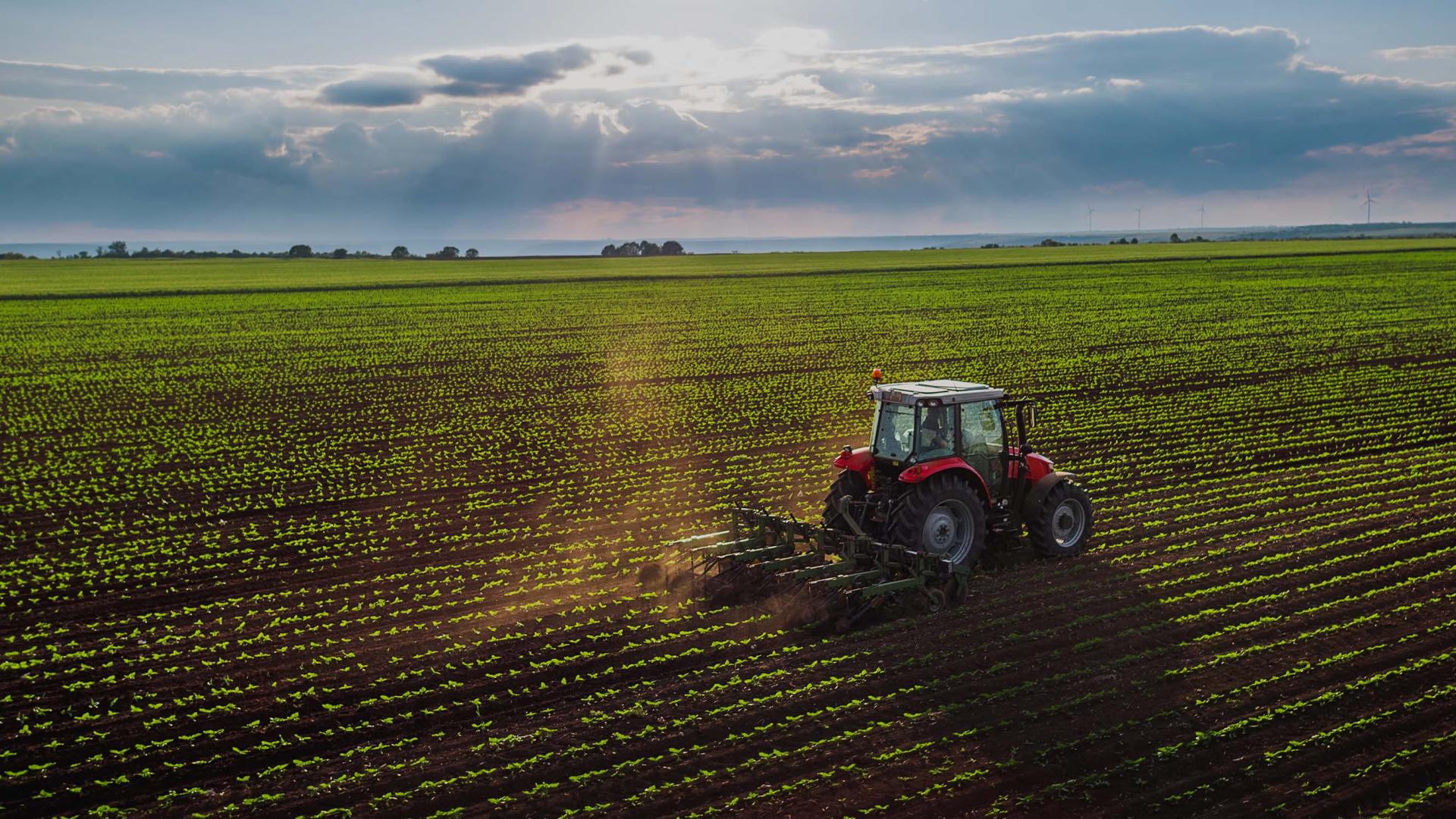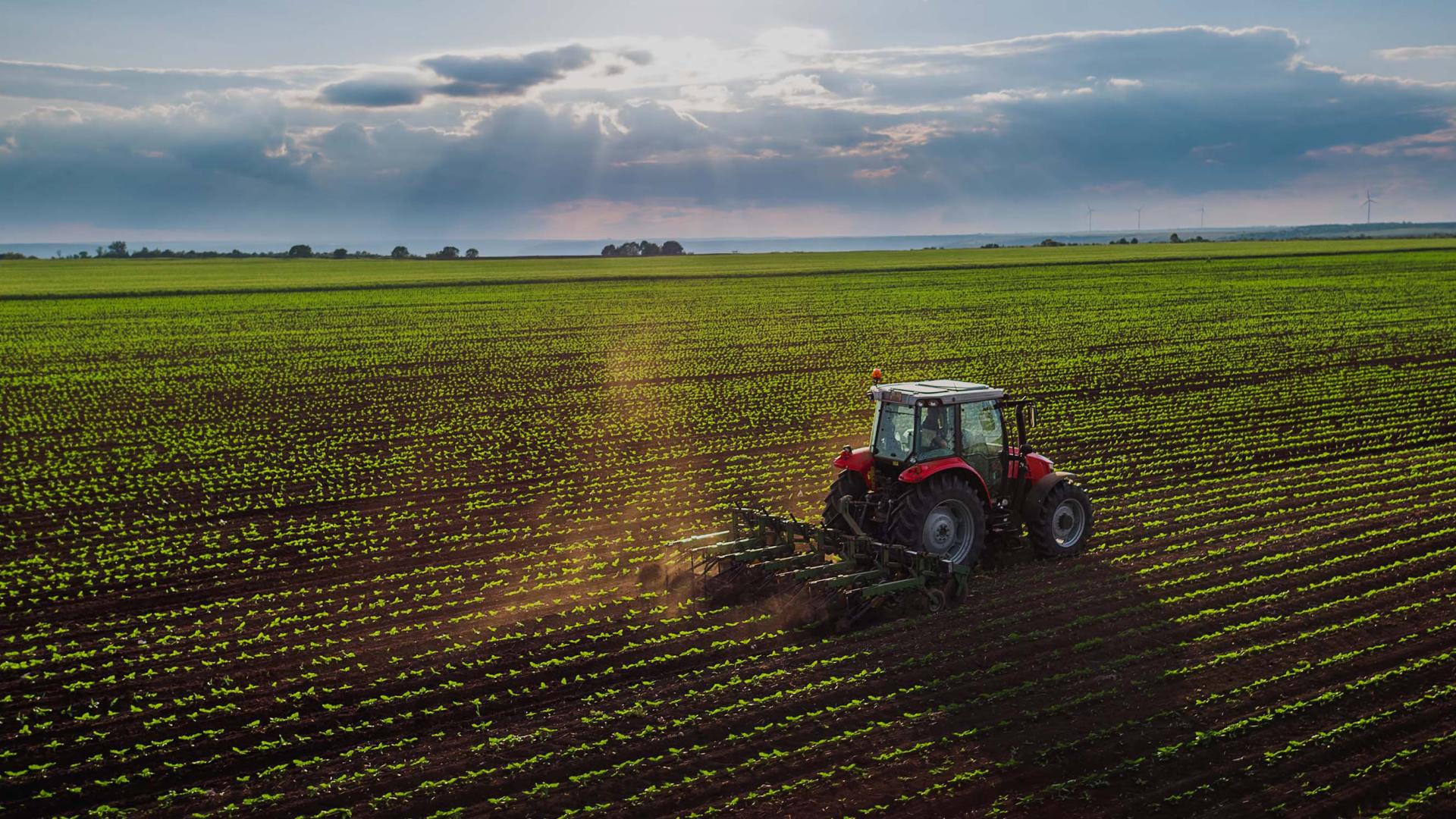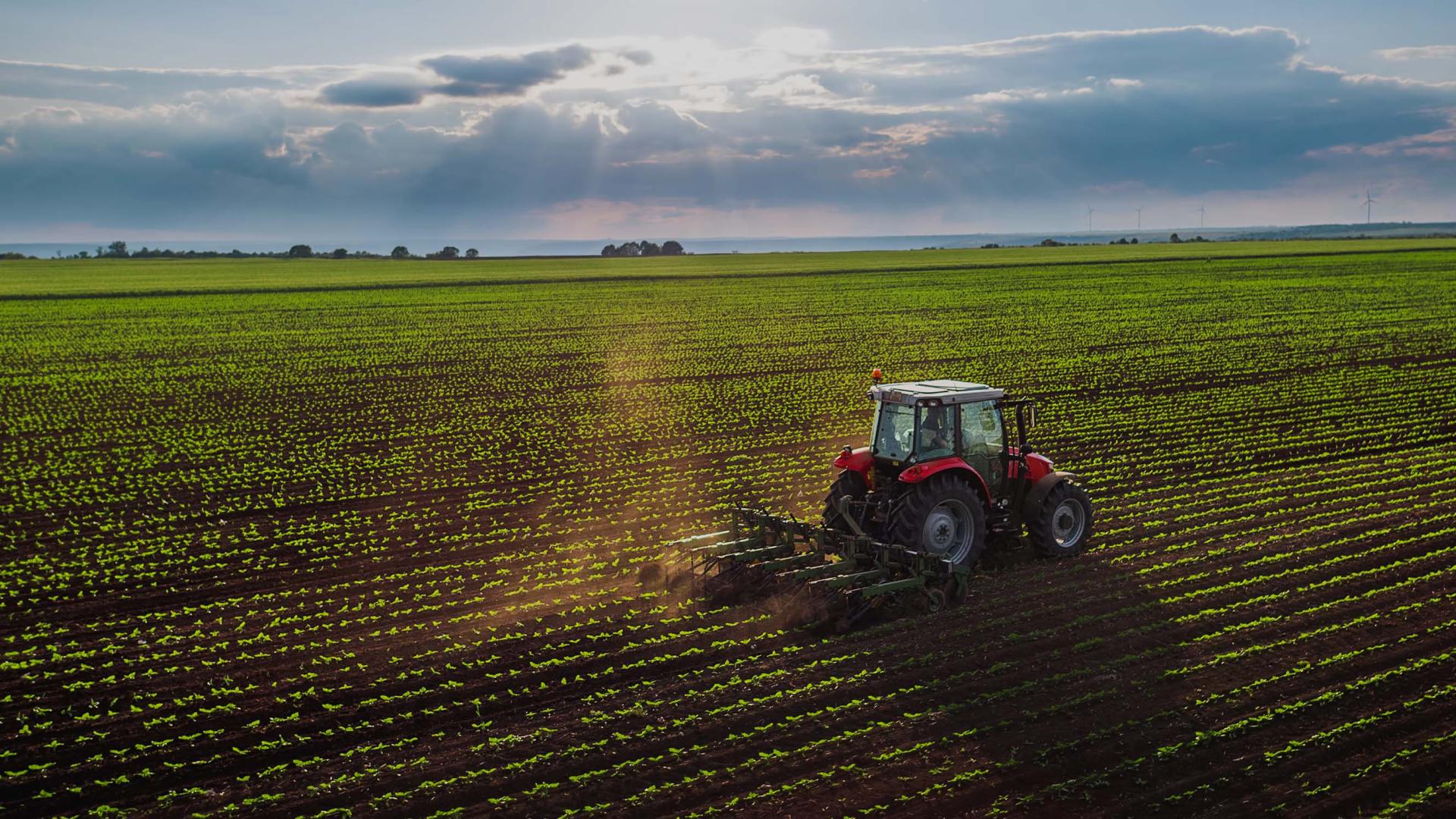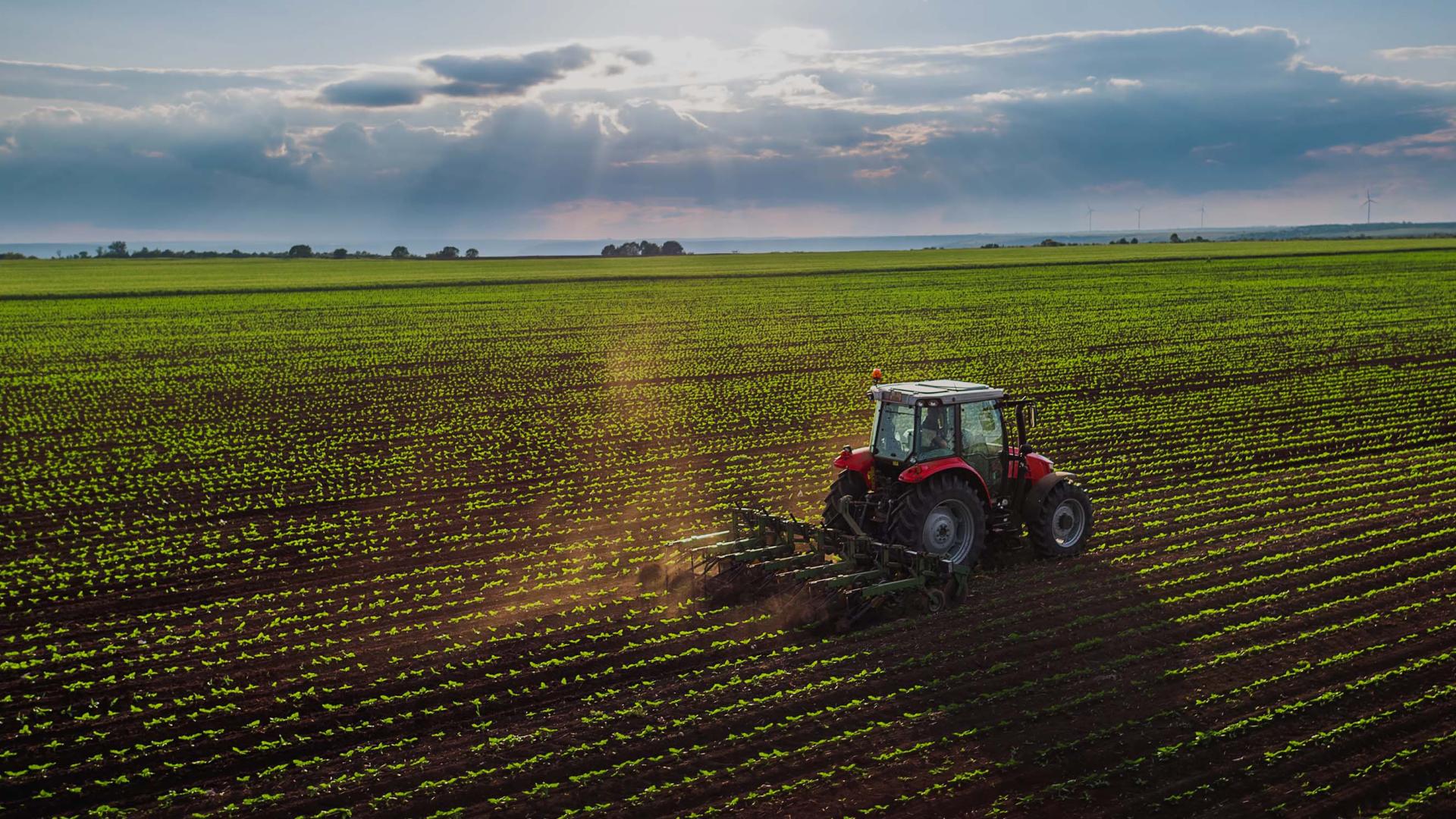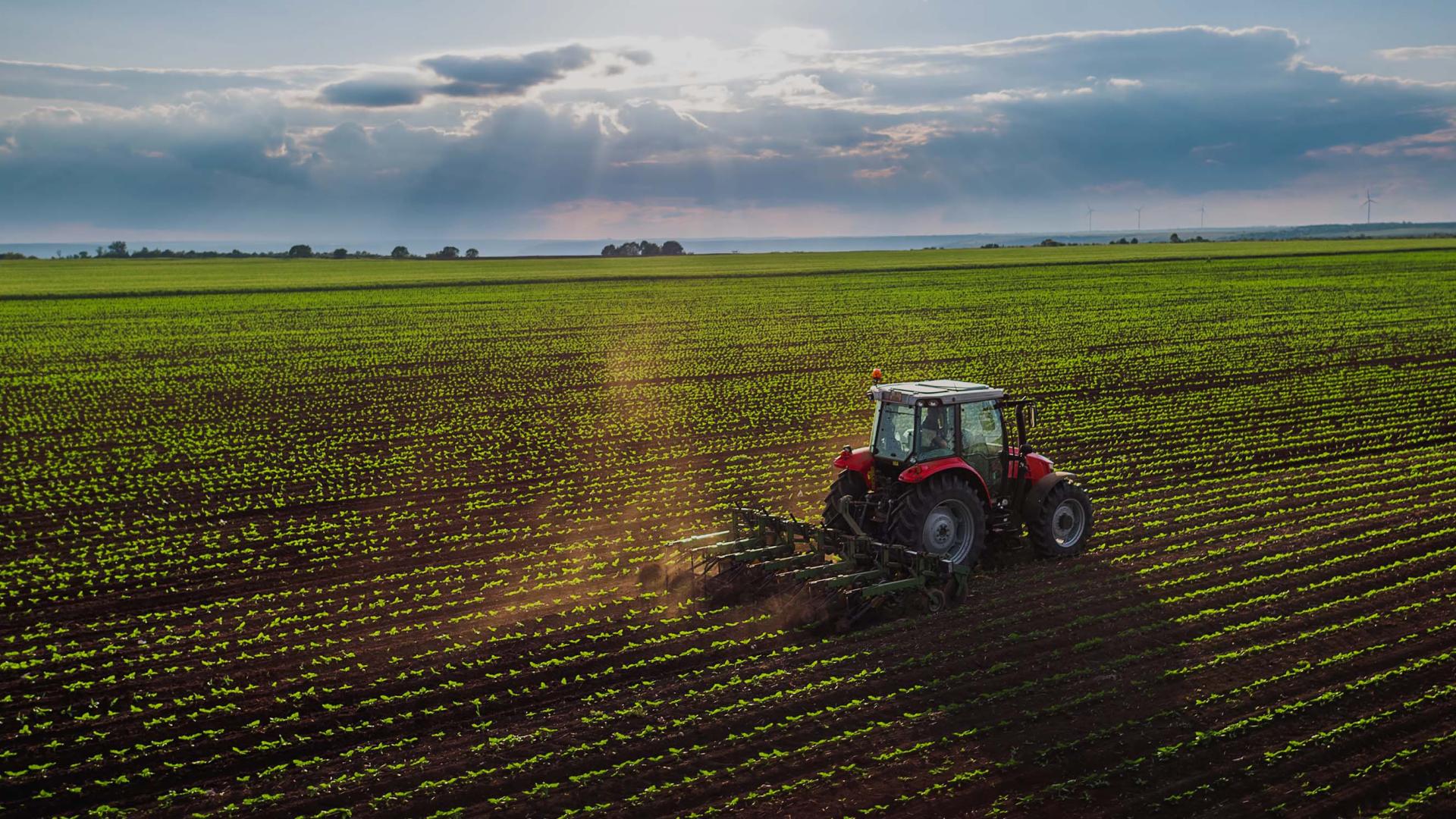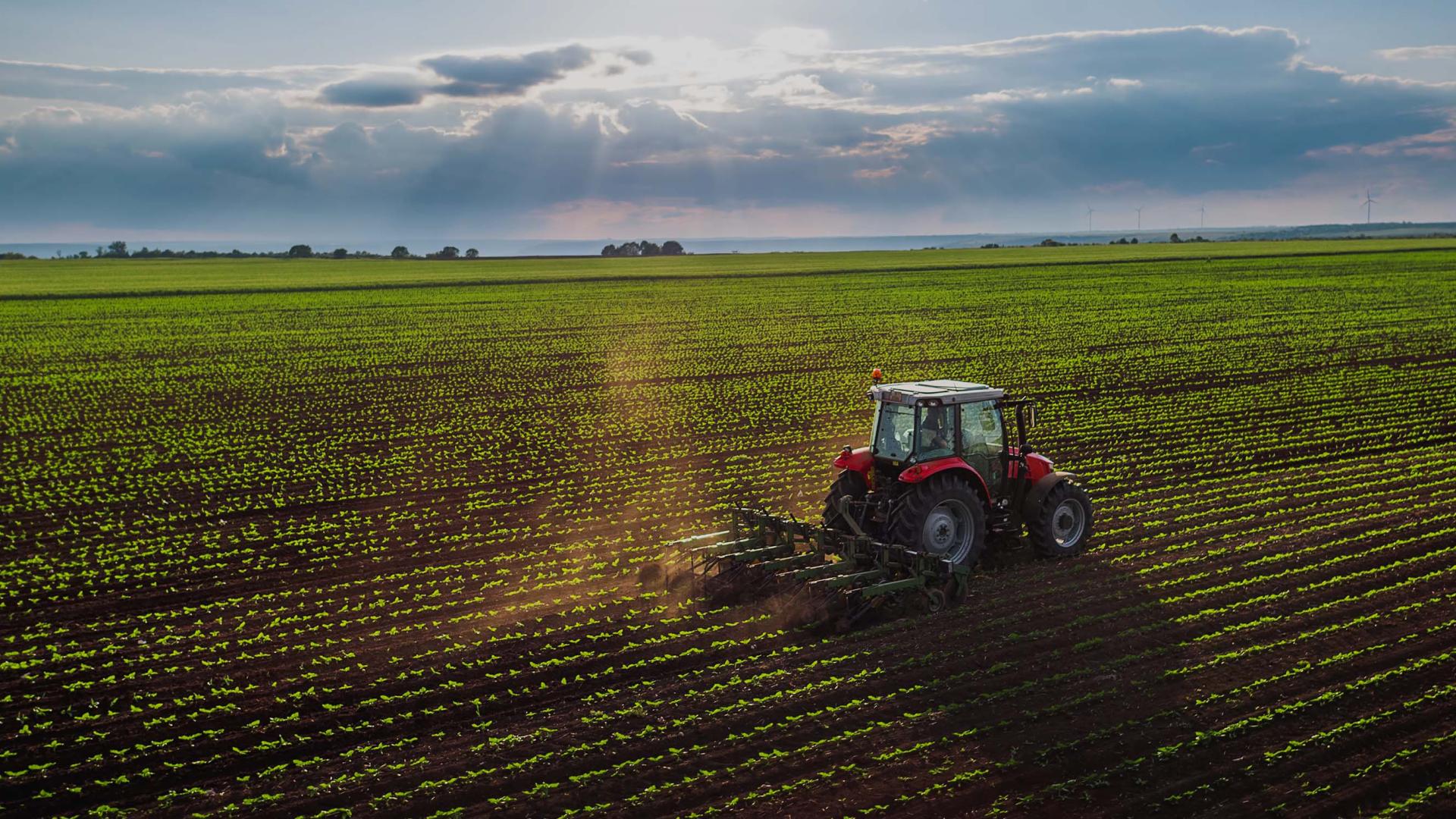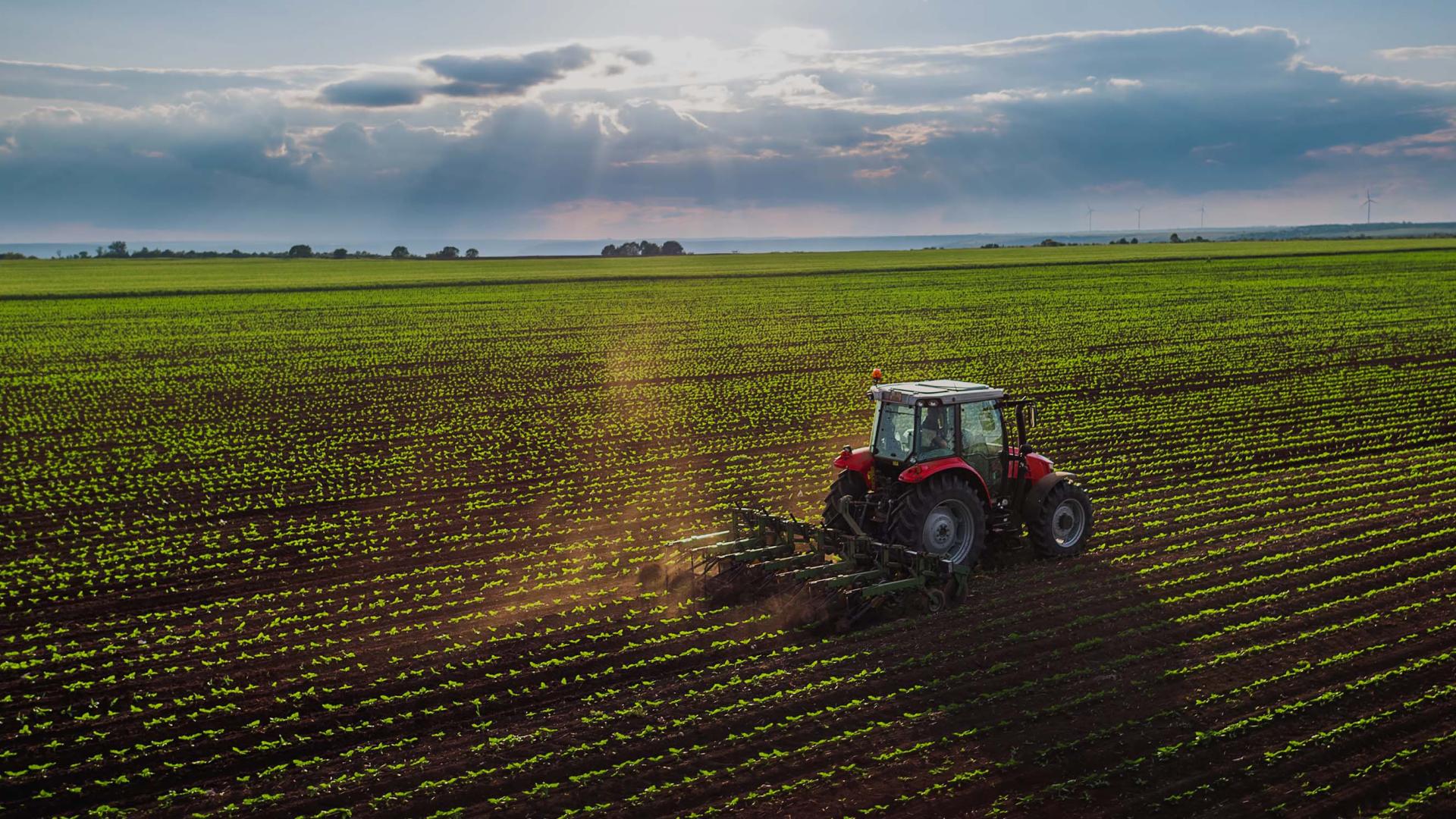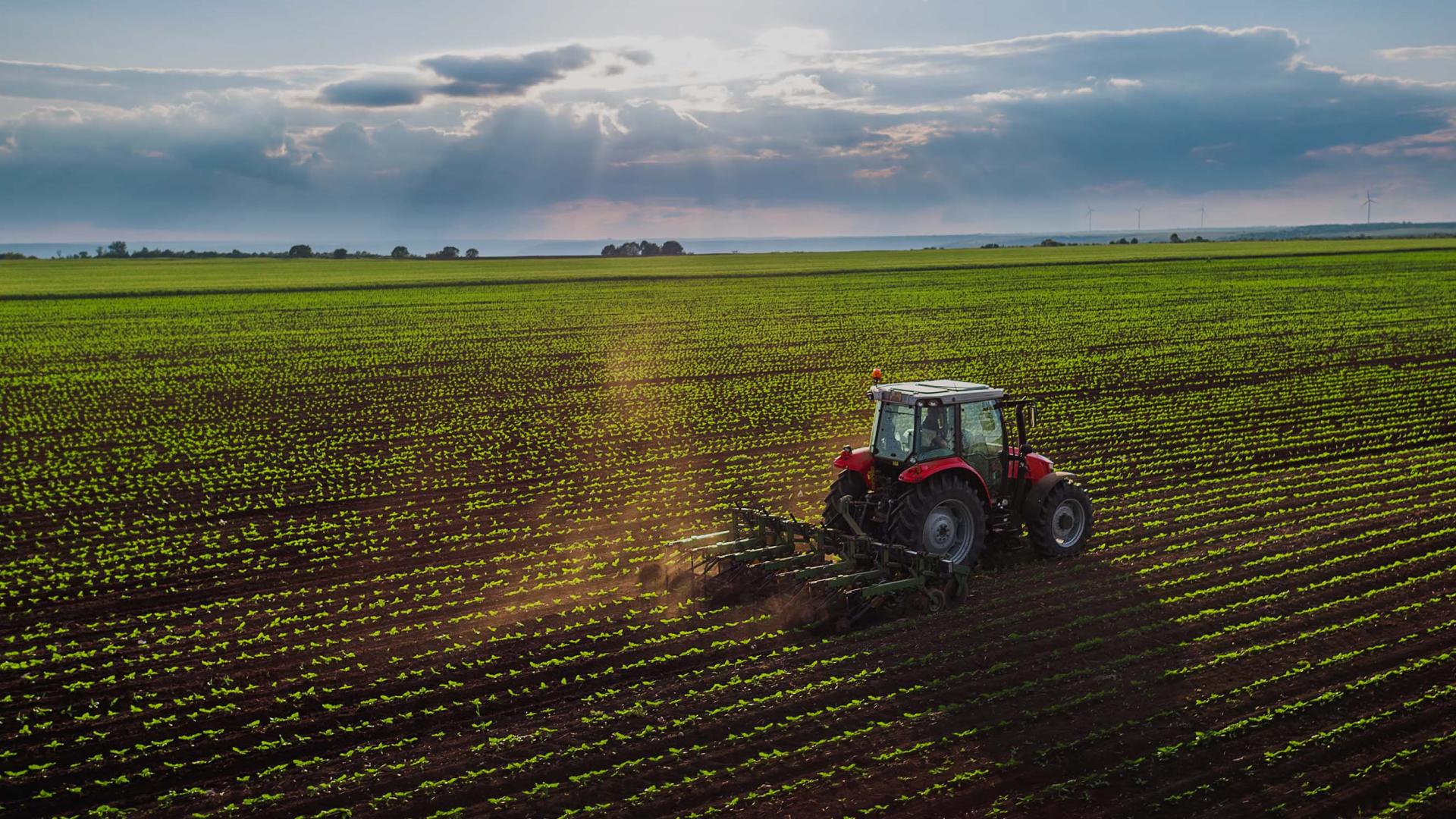Family farms are the backbone of British agriculture, representing generations of hard work, tradition, and dedication to the land. However, running a family farm comes with unique risks and challenges that require specialized insurance coverage. Family farm insurance provides comprehensive protection tailored specifically to the needs of agricultural family businesses, covering everything from livestock and crops to farm buildings and family liability.
What is Family Farm Insurance?
Family farm insurance is a specialized type of agricultural insurance designed to protect family-owned and operated farms from the wide range of risks they face. Unlike standard commercial insurance, family farm insurance recognizes the unique nature of family agricultural businesses, where the home, workplace, and livelihood are often interconnected on the same property.
This type of insurance typically combines several different types of coverage into one comprehensive policy, including property insurance for farm buildings and equipment, livestock coverage, crop insurance, liability protection, and often coverage for the family residence if it's located on the farm property.
Key Components of Family Farm Insurance
Property Coverage
Farm buildings, including barns, storage facilities, milking parlors, and equipment sheds, represent significant investments that need protection. Property coverage protects against damage from fire, storm, flood, and other covered perils. This includes not just the buildings themselves, but also fixtures, fittings, and any improvements made to the structures.
Equipment and Machinery Coverage
Modern farming relies heavily on expensive machinery and equipment. From tractors and combines to irrigation systems and specialized processing equipment, family farm insurance provides coverage for repair or replacement of essential farm machinery. This coverage is crucial because equipment breakdowns can halt farm operations and result in significant financial losses.
Livestock Coverage
For farms with animals, livestock coverage protects against death or injury to cattle, sheep, pigs, poultry, and other farm animals. This coverage can include protection against disease outbreaks, accidents, theft, and natural disasters. Some policies also cover the cost of emergency veterinary treatment and the disposal of deceased animals.
Crop Insurance
Crop coverage protects against losses due to weather events, disease, pests, and other covered causes of crop failure. This can include growing crops in the field as well as harvested crops in storage. For family farms dependent on crop income, this coverage provides essential financial protection against unpredictable agricultural risks.
Public and Products Liability
Family farms often interact with the public through farm shops, pick-your-own operations, farm visits, or direct sales. Public liability coverage protects against claims from visitors who may be injured on the farm property. Products liability covers claims related to farm products sold directly to consumers, such as dairy products, meat, or produce.
Employers Liability
Even small family farms may employ seasonal workers or permanent staff outside the immediate family. Employers liability coverage is legally required and protects against claims from employees who may be injured while working on the farm.
Business Interruption
When farm operations are disrupted by covered events, business interruption coverage helps replace lost income and covers ongoing expenses. This is particularly important for family farms where the agricultural business provides the primary family income.
Unique Risks Facing Family Farms
Weather-Related Risks
British weather can be unpredictable and extreme, posing significant risks to family farms. Heavy rainfall can cause flooding, damage crops, and make fields inaccessible. Drought conditions can devastate crops and reduce livestock feed availability. Severe storms can damage buildings, equipment, and standing crops. Frost can destroy sensitive crops, while excessive heat can stress livestock and reduce productivity.
Disease Outbreaks
Animal diseases can spread rapidly through livestock herds, potentially requiring the destruction of entire flocks or herds. Plant diseases and pests can similarly devastate crop yields. Family farms need coverage that protects against these biological risks and the associated financial losses.
Equipment Breakdown
Farm operations depend heavily on machinery and equipment. When critical equipment breaks down during busy periods like harvest time, the financial impact can be severe. Family farms often cannot afford to have backup equipment, making insurance coverage for repairs and replacement essential.
Theft and Vandalism
Rural locations can make farms vulnerable to theft of equipment, livestock, fuel, and crops. Vandalism can also cause significant damage to property and equipment. Family farm insurance provides protection against these criminal acts.
Environmental Liability
Farms use various chemicals, fertilizers, and fuels that could potentially cause environmental damage. Family farms need protection against claims related to pollution or contamination, whether accidental or alleged.
Family-Specific Considerations
Multi-Generational Operations
Many family farms operate across multiple generations, with different family members having varying levels of involvement and responsibility. Insurance coverage needs to reflect these complex ownership and operational structures, ensuring all family members involved in the farm are properly protected.
Succession Planning
Family farm insurance should consider succession planning needs, ensuring coverage continues smoothly as the farm transitions from one generation to the next. This includes understanding how ownership changes might affect coverage and ensuring new family members are properly included in policies.
Residential Coverage
When the family home is located on the farm property, insurance needs to address both residential and commercial risks. This includes protecting the family's personal belongings while ensuring business activities don't void residential coverage.
Diversification Activities
Many family farms diversify their income through activities like farm shops, bed and breakfast operations, wedding venues, or educational visits. Each of these activities brings additional risks that need to be properly covered under the farm insurance policy.
Benefits of Comprehensive Family Farm Insurance
Financial Security
Comprehensive coverage provides financial security for the family's livelihood, protecting against catastrophic losses that could threaten the farm's survival and the family's financial future.
Peace of Mind
Knowing that the farm, equipment, livestock, and crops are properly insured allows family farmers to focus on their agricultural operations without constantly worrying about potential financial disasters.
Business Continuity
Insurance coverage helps ensure that temporary setbacks don't become permanent closures, allowing family farms to recover from losses and continue operations.
Legal Compliance
Proper insurance coverage ensures compliance with legal requirements for employers liability and other mandatory coverages, protecting the family from legal penalties.
Professional Support
Working with insurance providers experienced in agricultural risks provides access to professional advice and support, helping family farms understand and manage their unique risks.
Choosing the Right Family Farm Insurance
Assess Your Specific Risks
Every family farm is unique, with different crops, livestock, equipment, and operational structures. A thorough risk assessment helps identify the specific coverages needed for your farm's particular circumstances.
Work with Agricultural Specialists
Insurance providers who specialize in agricultural risks understand the unique challenges facing family farms and can provide more appropriate coverage options and advice.
Consider Seasonal Variations
Farm risks and insurance needs can vary significantly throughout the year. Ensure your coverage accounts for seasonal changes in operations, equipment use, and risk exposure.
Review Coverage Regularly
As family farms grow and change, insurance coverage needs to be reviewed and updated regularly. This includes adding new equipment, changing crop types, or expanding into new activities.
Understand Policy Exclusions
Carefully review policy exclusions and limitations to understand what is and isn't covered. This helps avoid surprises when making claims and allows for additional coverage where needed.
Common Exclusions and Limitations
Wear and Tear
Normal wear and tear of equipment and buildings is typically excluded from coverage, though sudden and accidental breakdowns may be covered.
Gradual Deterioration
Slow deterioration of crops or livestock due to ongoing conditions rather than sudden events may not be covered.
War and Terrorism
Most policies exclude losses due to war, terrorism, or civil unrest, though separate terrorism coverage may be available.
Nuclear Risks
Damage from nuclear incidents is typically excluded from standard farm insurance policies.
Certain Natural Disasters
Some natural disasters like earthquakes may be excluded or require separate coverage, depending on the policy and location.
Claims Process and Best Practices
Immediate Notification
Contact your insurance provider immediately when a loss occurs, even if the full extent of damage isn't yet known. Quick notification can help speed up the claims process and may be required under policy terms.
Document Everything
Take photographs and detailed notes of all damage before beginning cleanup or repairs. This documentation is crucial for supporting your insurance claim.
Prevent Further Damage
Take reasonable steps to prevent additional damage, such as covering damaged roofs or securing damaged areas. Keep receipts for emergency repairs as these may be covered under the policy.
Cooperate with Adjusters
Work closely with insurance adjusters during their investigation, providing access to damaged areas and any requested documentation.
Keep Detailed Records
Maintain detailed records of farm operations, equipment, livestock, and crops. This information is invaluable when filing claims and can help ensure accurate coverage limits.
Cost Factors for Family Farm Insurance
Farm Size and Type
Larger farms with more diverse operations typically require higher coverage limits and pay higher premiums. The types of crops grown and livestock raised also affect pricing.
Location and Risk Factors
Farms in areas prone to flooding, severe weather, or other natural disasters may face higher premiums. Crime rates in the area can also affect costs.
Claims History
A history of frequent claims can result in higher premiums, while farms with good loss control records may qualify for discounts.
Safety Measures
Implementing safety measures like fire suppression systems, security systems, and employee safety programs can help reduce premiums.
Deductible Levels
Choosing higher deductibles can reduce premium costs, but ensure the deductible amount is affordable if a claim occurs.
Working with Insurance Professionals
Family farms benefit significantly from working with insurance professionals who understand agricultural risks. Agricultural insurance specialists can help identify coverage gaps, recommend appropriate coverage limits, and provide ongoing support as the farm's needs change.
These professionals can also help navigate the claims process, ensuring family farms receive fair settlements when losses occur. They understand the unique challenges of agricultural operations and can advocate for their clients with insurance companies.
Conclusion
Family farm insurance is essential protection for agricultural family businesses, providing comprehensive coverage for the unique risks they face. From protecting valuable equipment and livestock to ensuring business continuity after losses, proper insurance coverage is crucial for the long-term success and survival of family farms.
The key to effective family farm insurance is working with knowledgeable professionals who understand agricultural risks and can tailor coverage to meet each farm's specific needs. Regular reviews and updates ensure coverage remains adequate as farms grow and change.
For family farmers, insurance isn't just about protecting assets – it's about protecting a way of life, preserving family traditions, and ensuring the farm can continue to support future generations. Investing in comprehensive family farm insurance is investing in the farm's future and the family's financial security.


 0330 127 2333
0330 127 2333
